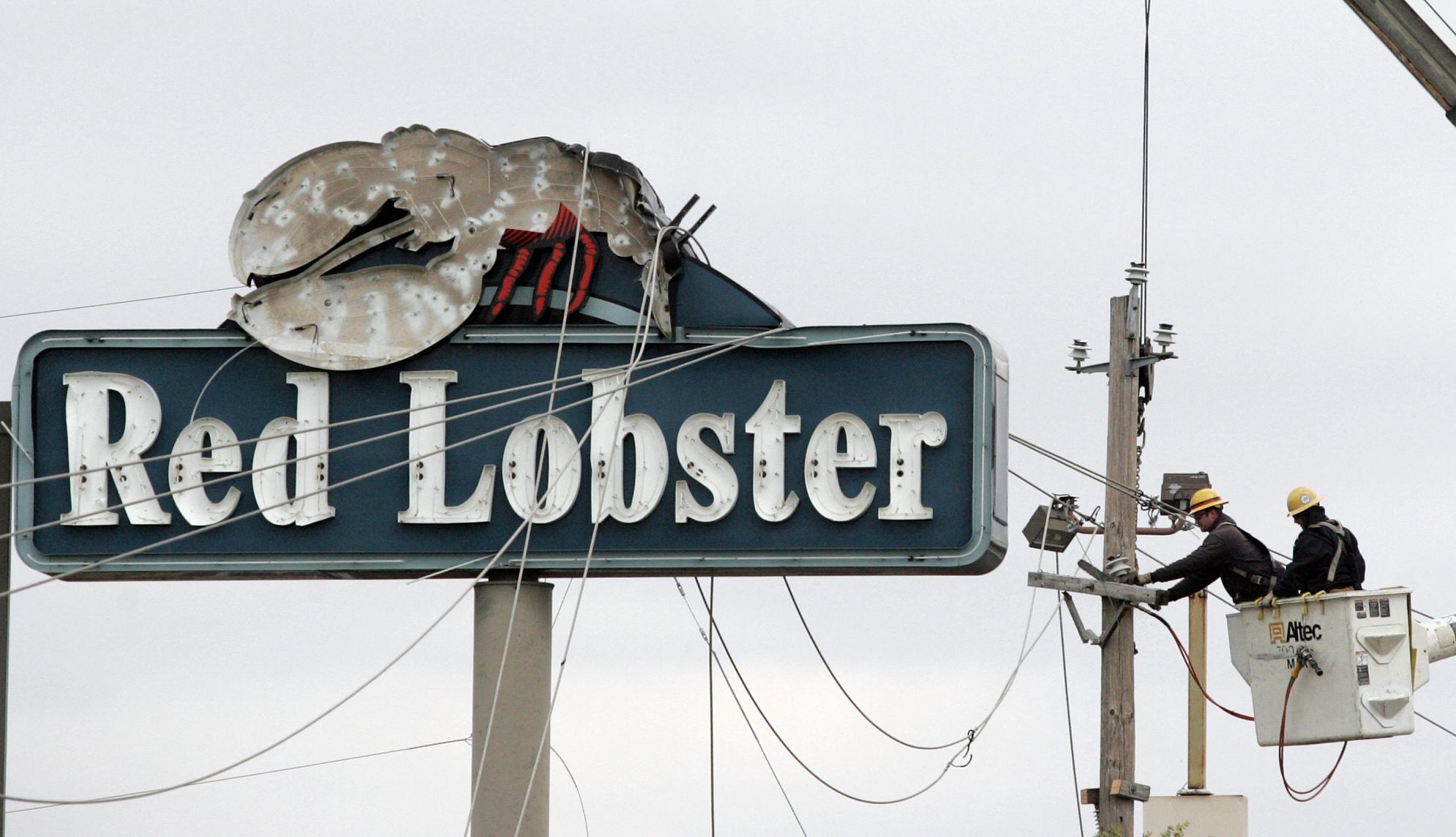
Whatever happened to these 12 iconic restaurant chains?
- Select a language for the TTS:
- UK English Female
- UK English Male
- US English Female
- US English Male
- Australian Female
- Australian Male
- Language selected: (auto detect) - EN
Play all audios:

12. HORN & HARDART AUTOMATS ESTABLISHED: 1902 WHAT HAPPENED: Automats somehow seem both old-timey and futuristic. Centering on big, oddly stocked vending machines, the dining style
invites you to help yourself to menu items — no human interaction necessary. You just insert the appropriate change into a slot and wait for your food to appear in a designated case among a
wall of chrome and glass. And it wasn't just chips and candy or even fruit and wrapped sandwiches like you might be accustomed to finding in a vending machine. Horn & Hardart’s
automats dished out fresh comfort foods like macaroni and cheese, baked beans and all kinds of pie, both savory and sweet. The chain was also the first in New York to offer fresh-brewed
coffee, for just a nickel a cup. Over the next four decades, the automatic restaurants gained in popularity, growing to more than 50 Horn & Hardart locations in Philadelphia and more
than 100 in New York City. The 1918-19 influenza pandemic didn't hurt, as it encouraged people to avoid interacting (i.e., social distance), and people tended to consider automats a
clean and safe food-service strategy. After World War II, however, fast-food chains started taking over, and people's tastes shifted to burgers and fries. Automats couldn’t compete, and
Horn & Hardart converted many NYC locations into Burger Kings. The last NYC location closed in 1991. CURRENT STATUS: Horn & Hardart's memory is preserved at the
Smithsonian's National Museum of American History, but the automat lives on (still popular in parts of Europe) and is gaining some renewed interest in the U.S., due in part to the
COVID-19 pandemic. A couple of modern takes on the automat (Bamn! Automat and Eatsa) folded within a couple of years of opening.
